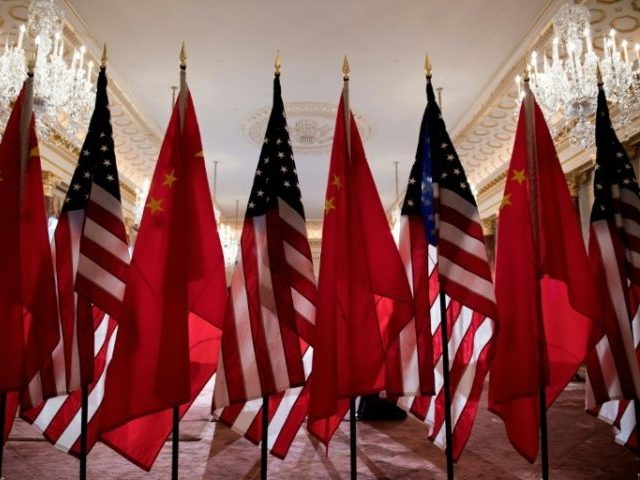A new column in Foreign Policy magazine details the intense persecution of students at universities in China.
Professor Eli Friedman of Cornell Univerisity published a column in Foreign Policy magazine about the increasing persecution faced by students at Chinese universities. Friedman says that Cornell moved to cancel two exchange programs with a university in China after they learned that they were using extensive surveillance measures to keep tabs on their students.
It was student participation in a labor conflict at Jasic Technologies in Shenzhen this past summer, and Renmin’s subsequent behavior, that spurred our decision. In addition to taking steps to prevent students from traveling to Shenzhen, university officials harassed and threatened students who had spoken up on the issue, and then deployed extensive surveillance to keep watch over those deemed as troublemakers. Most disturbingly, Renmin University was complicit in the forcible detention of a student who had traveled to Shenzhen, after which school officials threatened her with a yearlong suspension unless she promised to refrain from speaking out.
Friedman goes to explain some of the common issues faced by academics in China, all of which are concerning.
I have heard too many stories from my China-based colleagues about rights infringements to list. Common problems include: universities and publishers demanding that research questions and conclusions are in line with the current political orthodoxy, restrictions on traveling abroad for professional conferences, and incessant invitations to “have tea” with security agents.
In September, Breitbart News reported that a Chinese university had expelled a student for “unpatriotic” comments. “Loving my country is impossible, I will never love my country,” the student allegedly wrote on social media.
Although persecution of students is not as severe on American campuses, political polarization has become a prevalent problem in academia. It is not uncommon for American professors to be isolated from their peers for holding the wrong opinions. Americans should look to China as a cautionary tale about what happens when freedom isn’t valued.

COMMENTS
Please let us know if you're having issues with commenting.